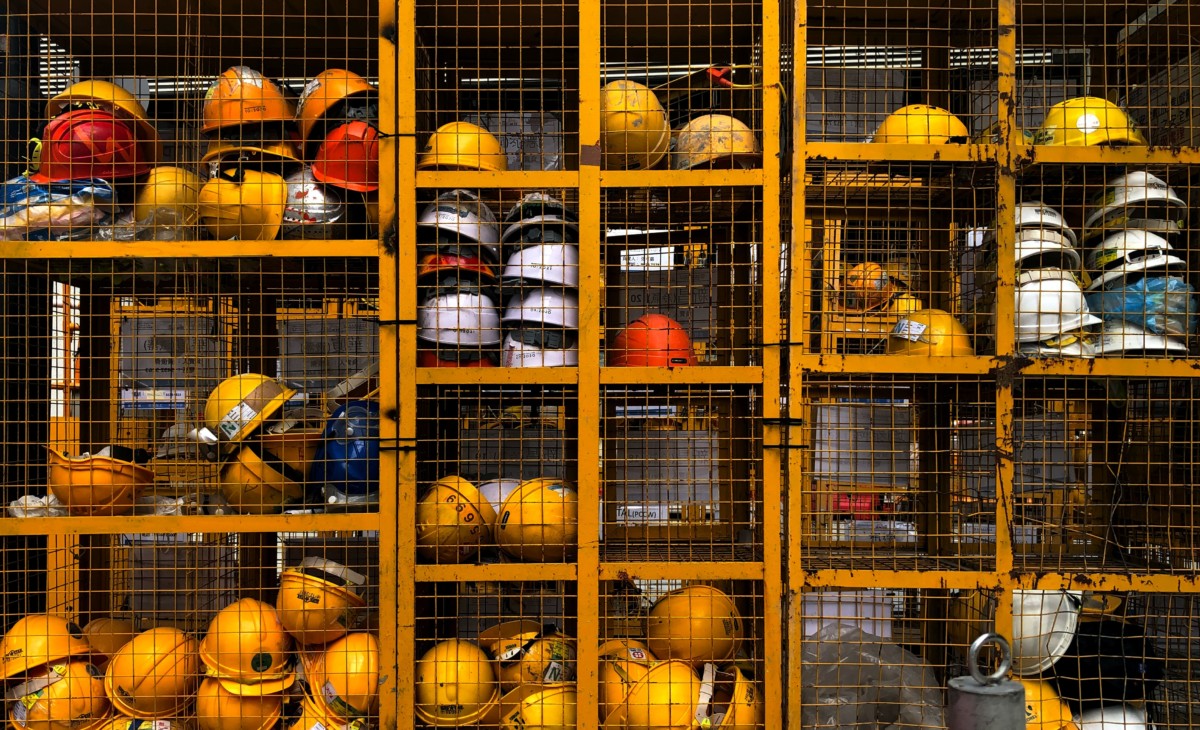Psychological safety is a key foundation for a productive, positive organisational or team culture. A strong statement, I know and, for me, it has come from being in the privileged position of working with teams in the health and care world to assess and improve their culture and seeing how psychological safety can impact on a team’s ability to function well and make improvements. As such, I have come to view it as a superpower – the good news is, it is a superpower we can all cultivate!
So, what is psychological safety?
Harvard Professor Amy Edmondson is a renowned world expert in this field and her research has shown that psychological safety exists when we can:
Speak up
This is about feeling that we have permission to make suggestions, raise issues and report mistakes – in the most advanced teams, mistakes and errors will be the subject of learning, looking at the system in place and asking ‘what happened?’ rather than ‘who did this?’ and blaming an individual or individuals for events.
Ask for feedback
Imagine asking for feedback on how you are doing or how you have performed a particular task – was it ok, could you do it better, are there alternative approaches? are your questions – if this is received and responded to positively, great, you are likely to ask again and remain open to improving, learning and also to giving others feedback. On the other hand, imagine being stared at as if you are asking a silly question or being told that you should know what you are doing, you’ve had the training, and that you should be concentrating on getting through your work – the feeling of humiliation and lack of value will stay with you and means that you are unlikely to ask for feedback again, leaving you uncertain about your performance in your job and unable to grow.
Make suggestions
Being in an organisation which is open to learning means that we can make suggestions which are explored and considered without being seen as a disruptive influence or being met with a default ‘No’ response or being told ‘that’s the way we do things around here’, in this type of culture, teams and individuals can stagnate.
Constructively criticise
Positive challenge is encouraged as part of learning for the team and is seen as an opportunity to consider all sides to an issue rather than as an individual being negative and delaying the task.
When these things are not present we protect our image at work, we’ve all likely been in situations where we have ‘covered our back’ or not said something we were thinking because it’s easier not to challenge.
How do we cultivate psychological safety? There are a number of good tips to encourage psychological safety in any team:
Knowing each other ‘human to human’ increases our connection to colleagues and can help us to work together more easily, so making time for informal interaction is important, especially at the moment when if we are meeting virtually we may need to carve out time to do this, if it’s not happening in the physical workplace over the coffee machine or with a chance meeting in the corridor.
Asking questions and being curious – What are your concerns? How can I help? What are the issues we need to address?
Actively listen and respond constructively – let people know that you have heard what they say and agree how the team will take things forward.
Acknowledge when things aren’t right and be brave enough to show vulnerability– being able to say ‘I’m sorry’, ‘I don’t know’, ‘I need help’ or ‘I made a mistake’ are all statements which allow others to follow suit.
If you want more information about cultivating your psychological safety superpower, please do be in touch.
Joanna Pendray, August 2020.
References: Edmondson, A.C., 2018. The fearless organization: Creating psychological safety in the workplace for learning, innovation, and growth. John Wiley & Sons.
Brown, B., 2018. Dare to Lead: Brave Work. Tough Conversations. Whole Hearts. Random House.


